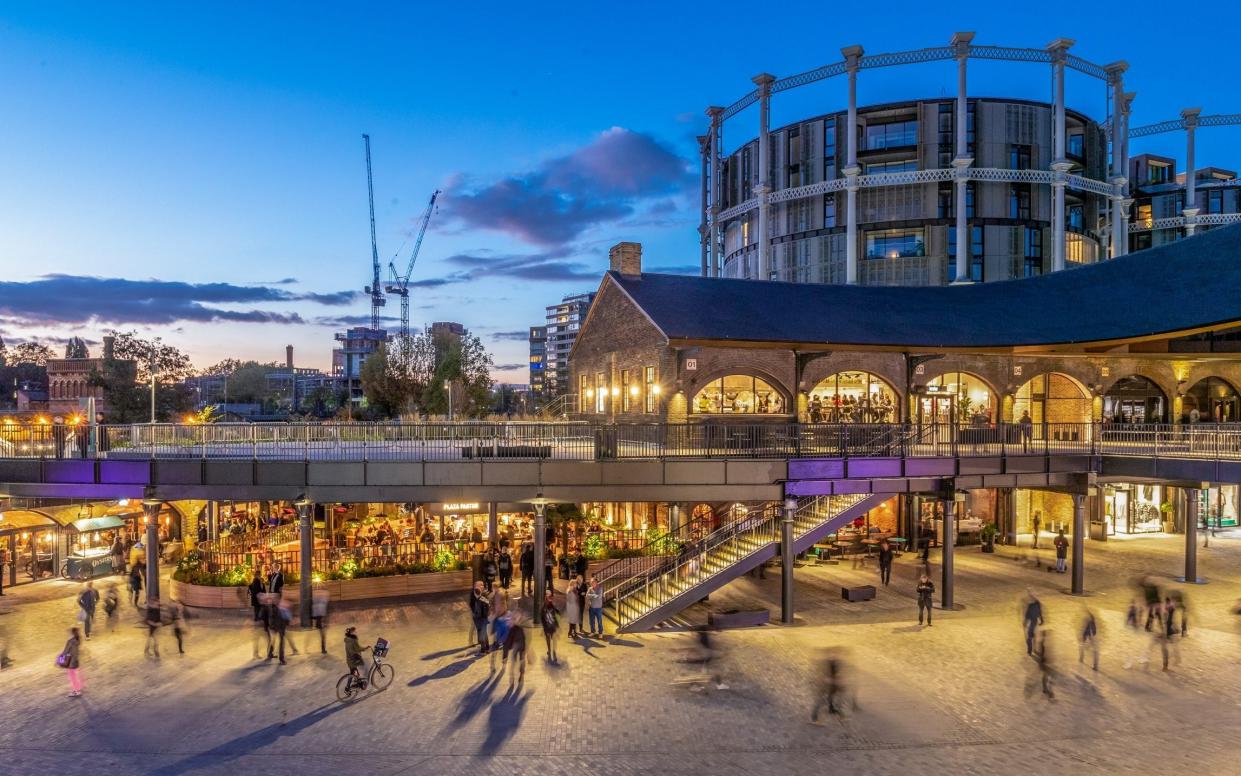King's Cross investor questions 'extent and use' of controversial facial recognition cameras

A key investor in a 67-acre development in London’s King’s Cross has expressed its concern over the controversial use of facial recognition technology in the area.
The BT Pensions Scheme (BTPS), which bankrolled the site alongside overseas investor AustralianSuper, has called on developer Argent to reveal the ‘extent and use’ of facial recognition across the site.
"We are looking into the reported use of facial recognition at King's Cross and take this issue very seriously," said a statement issued to the BBC on behalf of BTPS by Hermes Investment Management.
“We are working closely with Argent to fully understand the extent and use of this technology."
The statement suggests that BTPS was not aware that its development partner had installed facial recognition cameras in the area. The site is privately-owned, but much of it is open to the public. It hosts Google’s UK headquarters, schools and a host of restaurants.
Argent recently redeveloped the area, but came under fire after a report in the Financial Times said the company had installed cameras capable of facial detection.

Silkie Carlo of Big Brother Watch, told the Telegraph that the installation of such cameras were the ‘worst case scenario’ for privacy. Meanwhile, the UK’s Information Commissioner's Office said that it was ‘deeply concerned’ about the increasing use of the technology and pledged to ‘seek detailed information’ on the King’s Cross cameras.
"Scanning people's faces as they lawfully go about their daily lives, in order to identify them, is a potential threat to privacy that should concern us all," said Information Commissioner, Elizabeth Denham."We have launched an investigation following concerns reported in the media regarding the use of live facial recognition in the King's Cross area of central London, which thousands of people pass through every day.”
"This goes to show that using oppressive surveillance methods puts off not only customers but investors," said Carlo. "Eroding basic civil liberties is reputationally and economically damaging for companies, and harmful to democracies."
"There is now an overwhelming backlash to live facial recognition and growing calls for Government to ban it. It is completely out of place in a liberal democracy."
Facial recognition cameras work by scanning subjects faces and matching them to a database of photographs. But under current privacy laws, companies are required to provide proof that there is a need to record and retain people’s images.
Argent said last week that the cameras were to "ensure public safety" and was one of "a number of detection and tracking methods" in the area.
The developer did not respond to a request for comment on if its investment partners were aware of the use of facial recognition technology.

